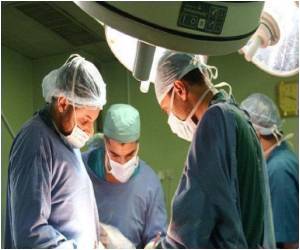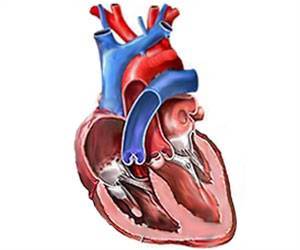
In the new study, Dr. Hochman and her colleagues examined a registry of angioplasty and stent procedures performed in nearly 29,000 patients at nearly 900 hospitals in the United States. The monthly rate of late procedures showed no sign of declining during the period from 2005 to 2008.
"There continues to be reimbursement for the late procedure, and many patients expect their physicians to open their arteries, regardless of the delay, so these physicians may be concerned about malpractice suits if they don't comply," says Dr. Hochman. "However, the existence of national clinical guidelines should protect physicians from that liability."
Dr. Hochman was the lead author of the landmark Occluded Artery Trial (OAT), published in 2006 in the New England Journal of Medicine. It concluded that opening a totally blocked heart attack-related coronary artery more than 24 hours after a heart attack does not reduce patients' chances of death, a second heart attack, or heart failure, compared to more conservative treatment with medication alone and selective use of the opening procedure in a small subset of these patients. "We found evidence in substudies that both groups improved their heart function (ejection fraction) substantially and to the same degree," says Dr. Hochman.
The OAT study finding led to new treatment guidelines in 2007. Dr. Hochman and her colleagues, however, have learned that cardiologists are still doing the procedure in patients 24 hours or more after a heart attack. "It's intuitive that having an open artery is better than having a closed artery, and many people don't want to let go of that belief," she says.
Source-Eurekalert










